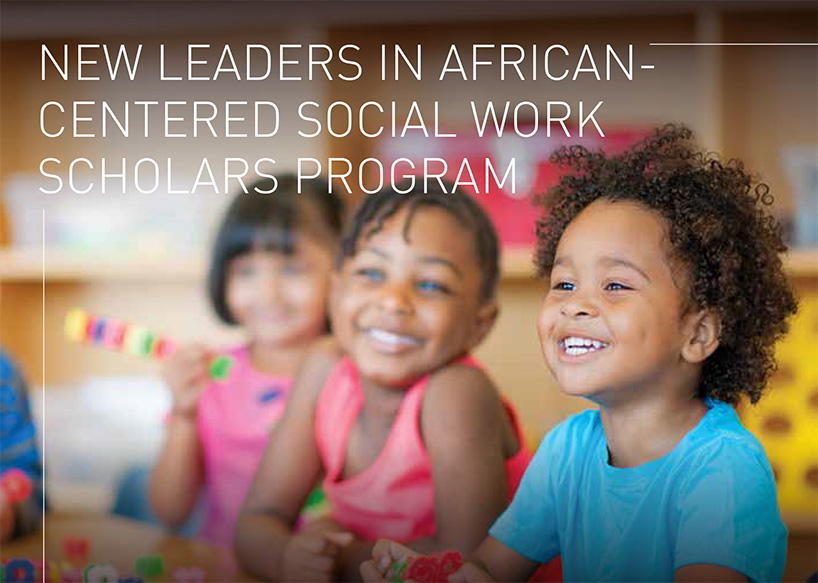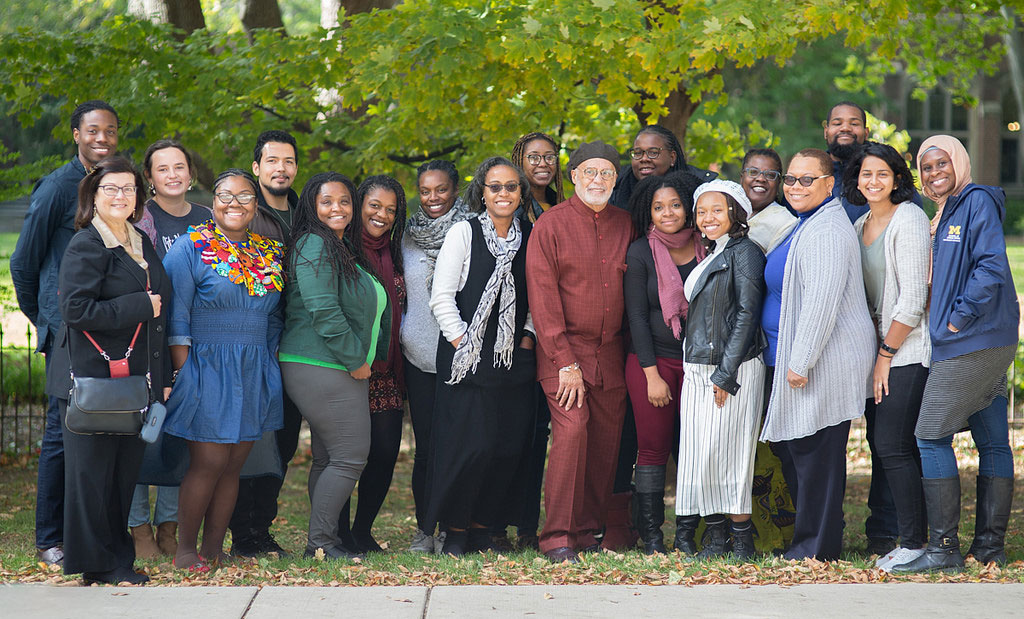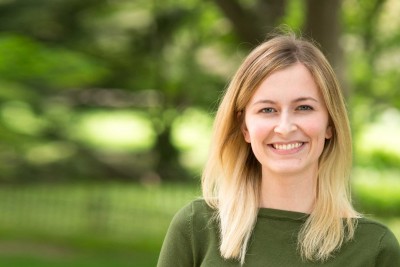Sarah Gettel’s interest in community organizing began in her hometown of Grafton, Wisconsin, north of Milwaukee. “I grew up with little awareness of what it means to be white in America,” she says. “While I saw racial segregation in my own community and as a volunteer in Milwaukee schools, it wasn’t until college that I recognized my white privilege and how racism operates today.”
After graduating from Lawrence University in Appleton, WI, Sarah worked in Washington, DC for Polaris, an anti-trafficking organization. In Baltimore in 2015, police arrested a 25-year-old African American man for possessing an illegal knife; he was injured in custody and died. The Black Lives Matter movement, two years old at the time, gained even greater urgency, and greater still as the 2016 election inflamed racial hostilities across the country. Now working for another anti-trafficking organization, Free the Slaves, Sarah found her focus turning toward racial justice.
“Free the Slaves took a community-based approach to anti-trafficking,” Sarah explains. “It made me think that community building, conflict mediation, and intergroup dialogues could support racial healing. As someone who is patient, a peacekeeper, and works well under pressure, I believed that I could do this type of work well. A master’s degree in social work seemed like the right fit, because it would help me sharpen skills in community building and mediation and help me better understand racial issues.”
Of her choice to earn that master’s degree at U-M, Sarah says, “UM School of Social Work felt like the right fit from the beginning. When I visited, I felt like I was a part of the community and could contribute here. The community organizing concentration and the New Leaders in African-Centered Social Work program were an ideal combination that I couldn’t find anywhere else.” The New Leaders in African-Centered Social Work Scholarship helped Sarah financially, as she had to pay for commutes from home in Dearborn to school in Ann Arbor and a field placement in Lansing—a three-hour round trip in all.
“At the School of Social Work and in the New Leaders in African Centered Social Work program, I have found a community that I think of as family. I have built my dialogue and facilitation skill–in community organizing classes, in restorative practice mini-courses, in my field placement, and in training as a facilitator for social justice dialogue sessions. The hands-on approach in these settings has been invaluable; I can’t imagine learning what I have learned any other way. The professors continually challenge us about what we think we know. You can’t put a price tag on that.”
Sarah’s field placement is with One Love Global, a Lansing organization dedicated to racial equity through community and youth organizing and political empowerment. “It has been an ideal environment for me to learn because it centers communities in social change and racial justice,” Sarah says. “I love supporting youth organizing and building community power for racial justice. The work is important and directly impacts the lives of people I care about, which motivates me to keep going.
“New Leaders in African-Centered Social Work has reinforced my sense of purpose and my belief that we have a responsibility to create a world where equal rights, justice, and opportunity are available to all. I have spent my whole life identifying and working toward this. Without the scholarship, I would not have had the same access to these amazing learning and growth opportunities.”


